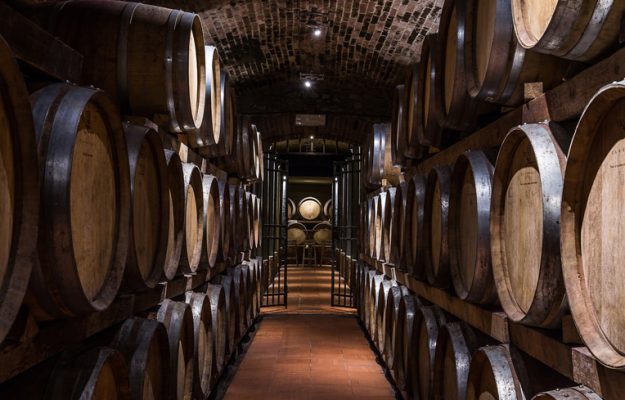The entire country of Italy and all of the production sectors are looking with confidence and hope to the new Draghi government and its program. The main themes Mario Draghi addressed in his programmatic speech concerned managing the crisis due to the Covid-19 Pandemic, and the ecological transition, focusing as well on agriculture and safeguarding territories. These challenges, especially the latter, will start again based on the strength of the agro-food sector that has once again proved to be counter-cyclic, registering another record in exports in 2020 despite Covid-19. Wine, its historical leader in exports, at least in the first 11 months of 2020, held its own in exports, registering a -2.8% decline, which is nothing compared to the -9.7% collapse of Made in Italy products in general, and considering also the world context in which Italian wineries have had to move. The Italian Wines Union - UIV hopes there will be a renewed government action and has proposed its agenda in the wine field, which "looks with confidence to the new Draghi Government and wishes the Minister of Agricultural Policies, Stefano Patuanelli well in his new position. The association, which represents 85% of Italian wine exports, is convinced that a change of pace is necessary, in this delicate moment, starting with a re-launch plan in favor of the sector that each year achieves a positive trade budget of 6 billion euros”.
“The “wine agenda” that we will submit to the minister”, said Ernesto Abbona, president of UIV, “includes a set of structural and specific decisions to project our sector towards the next generation. In addition to managing emergencies - such as the Prime Minister’s Decree on opening hours of wine shops or relief checks expected in 2020 for a total of 50 million euros – it is equally urgent to complete the fundamental decrees for the sector that the recent government crisis has blocked. I am specifically referring”, continued the UIV president, “to the long-awaited sustainability decree and to the greater flexibility of the Promotion Measure, more strategic than ever in this moment, though adjustments are necessary. Our sector”, added Ernesto Abbona, “has suffered, but it has resisted thanks to heavy capitalization. It is necessary, though, to prevent an economic crisis from turning into a structural one. This is why it will be imperative to work on the fundamentals, such as the approval of the Common Agricultural Policy reform, which also includes the national support plan for wine, or re-launching the institutional wine image and the Italian trade fair system abroad – Vinitaly, first and foremost - through the “Pact for Exports”. Finally, it will be crucial”, concluded Abbona, “to protect the Mediterranean model in Europe, as the EU Commission has dangerously inserted wine into the bed of harmful agricultural products in the new anti-cancer plan”.
The Unione Italiana Vini (UIV) agenda of specific actions useful for the sector includes the digital objective and strengthening of tools to ensure production and declaratory data certainty, through the National Wine Committee reform. It will be useful to reflect more thoroughly on the DOC / TGI system and its control structure as dialogue with the United States resumes - bilaterally and multilaterally - to put an end to the season of tariffs and tensions in trade policy. Re-launching tourism as a fundamental tool for the country’s economic recovery is at the forefront of horizontal interventions. This is a strategic chapter for wine, as well. However, the Recovery Plan currently anticipates resources for only 8 billion euros out of a total of 210 billion euros. According to UIV, vineyards and wine are involved in other key development assets for the future of the country. One of these is the expansion of broadband to all agricultural territories (5G) from an e-commerce and wine tourism perspective. Another is orienting European funds linked to ecological transition and sustainable production in terms of wine production as well, or the necessary step forward in infrastructures, transportation and logistics.
Copyright © 2000/2026
Contatti: info@winenews.it
Seguici anche su Twitter: @WineNewsIt
Seguici anche su Facebook: @winenewsit
Questo articolo è tratto dall'archivio di WineNews - Tutti i diritti riservati - Copyright © 2000/2026







































































































































































































